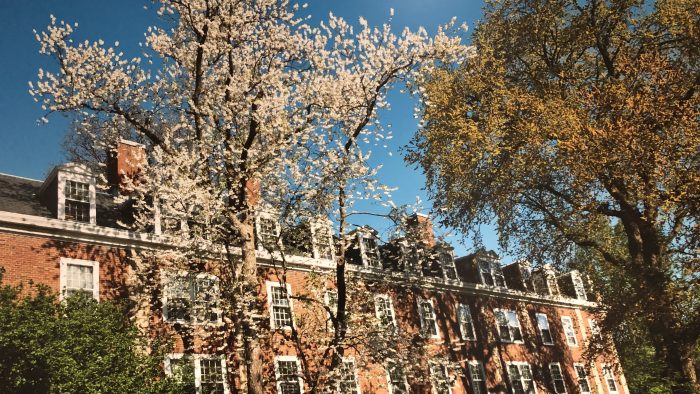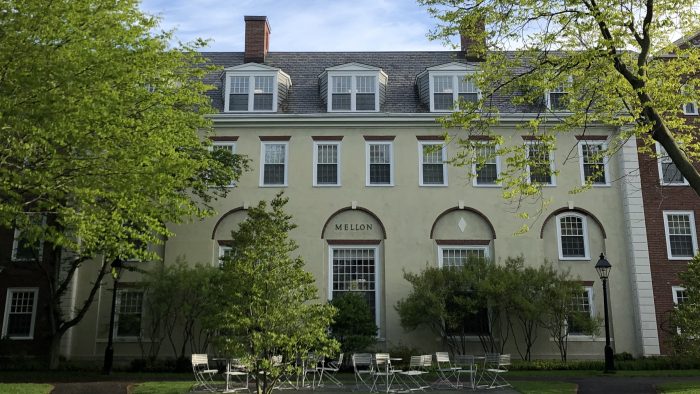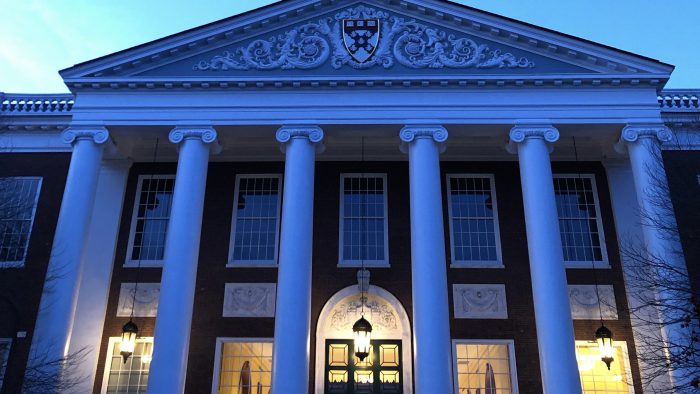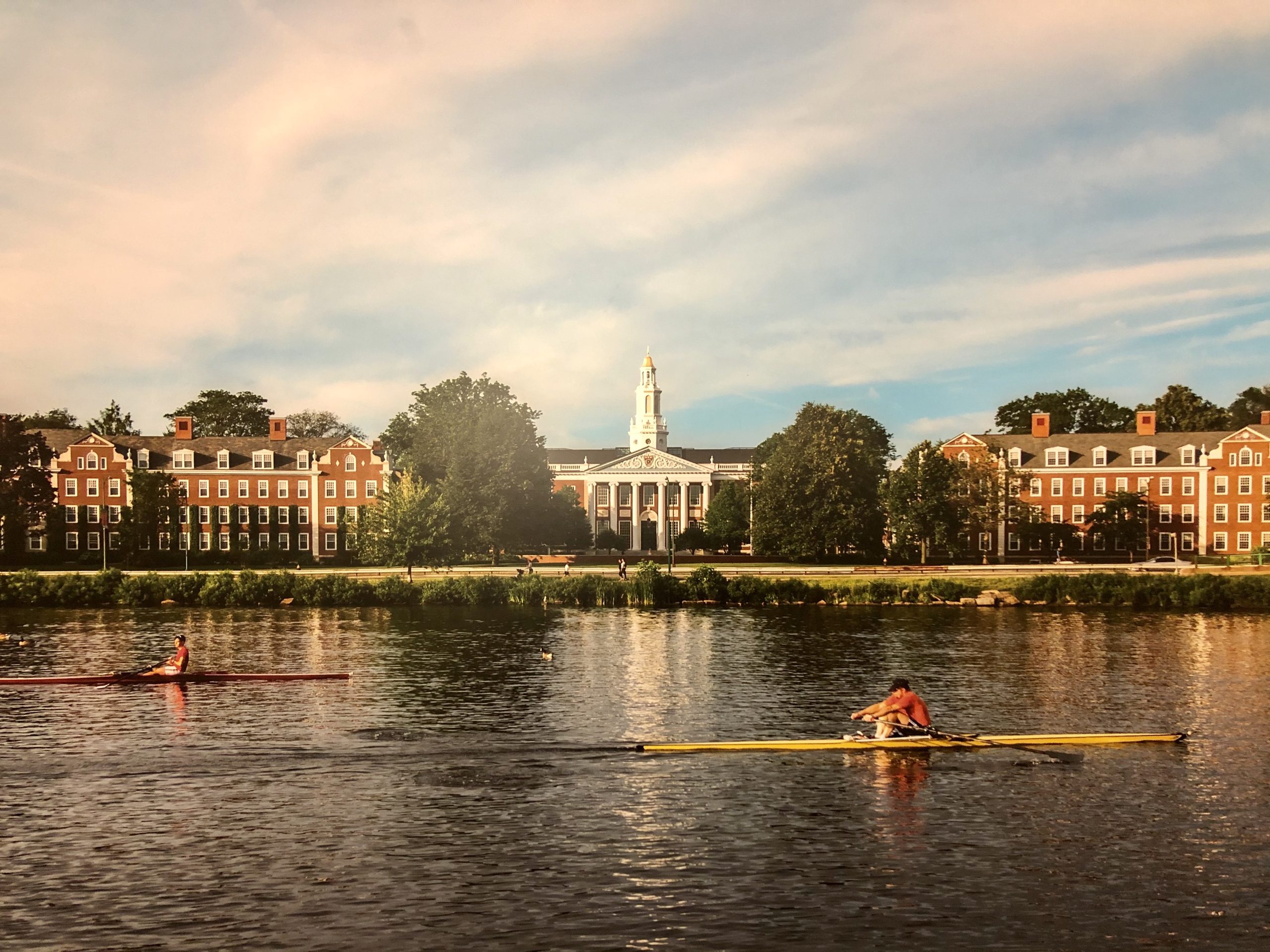Ever wondered how to talk like a true Bostonian? From dropping R’s to mastering local slang, this guide will help you sound like a local in no time.
You may know I graduated from Harvard Business School and lived in Boston for 3 years. With an ear for accents, I picked up the local nuances of how words are said, or at least how they sounded to me. I also noticed some patterns that have come to define the Boston accent.
In this article
- Quick Take: How They Say It in Boston
- Pronunciation Tips for Mastering the Boston Accent
- Dropping R’s
- Adding R’s
- Vowel Variations
- The Art of Speaking Fast and Merging Words
- Embracing Boston Slang
- The Roots of the Boston Accent
- Famous Boston Accents in Media and Pop Culture
- Navigating Massachusetts Place Names with a Boston Accent
- Sports Teams and the Boston Accent
- The Evolution of the Boston Accent
- Sounding like a Bostonian
- Frequently Asked Questions
- What accent does Boston have?
- Why does Boston have such a distinct accent?
- Is a New York accent the same as a Boston accent?
- Is the Boston accent a British accent?
- What does it mean when you have a Boston accent?
Quick Take: How They Say It in Boston
- Master the Boston accent by practicing pronunciation tips, dropping R’s, adding R’s, and embracing local slang.
- Appreciate the roots of this unique dialect with famous examples in media & pop culture.
- Navigate Massachusetts place names & join in on sports conversations to sound like a true Bostonian!
Pronunciation Tips for Mastering the Boston Accent

Ah, the Boston accent – known for its distinctive dropping and adding of R’s, unique vowel variations, and fast-paced speech. You can often hear it around Harvard Yard, on M.I.T campus (despite technically being located in Cambridge) or in thick Boston accents of famous actors like Matt Damon and Ben Affleck.
But what’s the secret to mastering this iconic American accent, such as the Kennedy accent? It’s all about understanding the key pronunciation tips and practicing them until they become second nature.
To truly immerse yourself in the Boston accent, try listening to native speakers on your next visit to the area, watching movies, and even reading the Boston Globe to get a better understanding of the local culture and language. Remember, practice makes perfect, so listen carefully.
Dropping R’s
One of the most recognizable features of the Boston accent is the dropping of the consonant R, especially when it’s not followed by a vowel. This phenomenon, known as R-dropping or non-rhoticity, can be traced back to the early English colonists and has persisted in the region, making the Boston accent stand out among other American accents. To master R-dropping, listen carefully to Boston speakers and try to mimic their pronunciation, focusing on words like “car” and “park” (pronounced “cah” and “pahk” in Boston English).
But it’s not just about dropping the R; sometimes, Bostonians add an “R” sound between words that end and begin with vowels, known as linking R. This unique feature helps to merge words together and create the characteristic fast-paced speech of the Boston accent. Pay attention to phrases like “Is Mar upstairs?” and practice adding the linking R to your own speech.
Adding R’s
Linking R is another essential aspect of mastering the Boston accent. It occurs when an “r” sound is added between two words that start and end with a vowel. For example, in the phrase “the idea of it,” a Boston accent would pronounce it as “the idear of it.” This added “r” sound helps to connect words and contributes to the fast-paced speech that is so characteristic of the Boston accent.
To get the hang of adding R’s, focus on practicing phrases and sentences where the word ends with a vowel sound and the next word begins with a vowel sound. The more you practice, the more natural it will feel, and you’ll be one step closer to sounding like a true Bostonian!
Vowel Variations
The Boston accent is known for its unique vowel variations, which set it apart from other American accents. One common variation is switching the “ah” sound with the “aw” sound, as in the word “scarf” (pronounced “scawf” in a Boston accent). Another notable variation is the changing of the // sound in words like “trap” to a diphthong /e/, creating a distinctive pronunciation that you won’t find in other American dialects.
Paying attention to these vowel variations and incorporating them into your speech is crucial for mastering the Boston accent. Practice pronouncing words with these unique vowel sounds and listen to native speakers to get a feel for how they should sound. Before you know it, you’ll be speaking with the authentic Boston twang!
The Art of Speaking Fast and Merging Words

Bostonians are known for their fast-paced speech, which can be both captivating and challenging for those trying to master the accent. Speaking quickly in the Boston accent often involves dropping letters like the ‘r’ at the end of words and merging words together. This rapid speech style is a hallmark of the Boston accent and contributes to its distinct charm.
To get a handle on speaking quickly and merging words, practice reading phrases and sentences out loud at a faster pace than you’re used to, focusing on dropping consonants and blending words together where appropriate. With practice, you’ll develop a natural rhythm and cadence that captures the essence of the Boston accent.
Embracing Boston Slang
No guide to the Boston accent would be complete without a foray into the world of Boston slang, a key component of the Boston dialect. To truly sound like a native, you’ll need to incorporate some of the city’s unique expressions and terminology into your speech. Phrases like “wicked pissah” (meaning awesome) and “so don’t I” (meaning I do too) are just a few examples of the colorful language used by Bostonians.
But it’s not just about memorizing a few phrases; understanding the context and usage of these expressions is key to capturing the spirit of the Boston accent, especially in areas like East Boston. So pay attention to how locals use slang in conversation, and don’t be afraid to try out some new expressions yourself – you might just surprise yourself with how wicked good you sound!
The Roots of the Boston Accent
The Boston accent has a rich history, which is essential to understanding its unique characteristics. Its roots can be traced back to the early English colonists who settled in the area in the 17th century, some of whom may have had a British accent or even an England accent. As the city grew and evolved, so too did its accent, with influences from Boston Brahmins (the city’s elite), waves of Irish and Italian immigrants, and england accents contributing to its development.
By exploring the historical roots of the Boston accent, you can gain a deeper understanding of why it sounds the way it does and how it has changed over time. This knowledge will not only give you a greater appreciation for the accent, but also help you fine-tune your own pronunciation and usage.
Famous Boston Accents in Media and Pop Culture
The Boston accent has left its mark on media and pop culture, with numerous TV shows and movies featuring characters with thick Boston accents. One of the most iconic Boston accent examples is Matt Damon and Ben Affleck’s portrayal of working-class Bostonians in the film “Good Will Hunting.” Their authentic accents showcase the unique character of the city and its people.
Another memorable example is the Hyundai “Smaht Pahk” commercial, which humorously highlights the distinct Boston accent while showcasing the car’s smart parking feature. By watching these and other examples of the Boston accent in media, you can get a better sense of its unique sound and rhythm, which will help you perfect your own accent. One might even imagine how it would sound to park a car in Harvard Yard with such an accent.
Navigating Massachusetts Place Names with a Boston Accent

When it comes to pronouncing eastern Massachusetts place names with a Boston accent, there are some unique twists and turns to navigate. Cities like Worcester and Gloucester are pronounced “Woostuh” and “Glostuh,” respectively, showcasing the accent’s distinct pronunciation patterns. Additionally, local neighborhood nicknames, such as “Beantown” for Boston and “The Hub” for Cambridge, are essential for sounding like a true Bostonian.
As you practice your Boston accent, be sure to familiarize yourself with these local place names and their unique pronunciations. By incorporating them into your speech, you’ll not only sound more authentic, but also gain a better understanding of the city’s geography and culture.
Sports Teams and the Boston Accent
There’s no denying the passion Bostonians have for their sports teams, and their accent often comes through loud and clear when discussing the Red Sox (sounds like Red Sax), Patriots, Bruins, and Celtics. Whether it’s debating recent game highlights or reminiscing about legendary New England players like Tom Brady (sounds like Tam), the Boston accent is an integral part of the city’s sports culture, especially in areas like South Boston.
To truly capture the spirit of the Boston accent, it’s important to familiarize yourself with the city’s sports teams and their associated slang. So, wear your favorite team jersey, practice your accent, and get ready to talk sports like a true Bostonian while grabbing a bite at Dunkin Donuts!
The Evolution of the Boston Accent
The Boston accent is constantly evolving, with younger generations showing different speech patterns than their predecessors. Traditional features of the accent, such as R-dropping, are receding, while social and racial factors continue to influence its development. This dynamic nature of the Boston accent is a testament to the ever-changing cultural landscape of the city.
By understanding the evolution of the Boston accent and how it has changed over time, you can appreciate its rich history while also adapting your own speech to reflect the current state of the dialect. Keep an open mind and be ready to adjust your accent as needed – that’s the true spirit of the Boston accent!
Sounding like a Bostonian
From mastering the art of R-dropping and embracing local slang to exploring the historical roots of the Boston accent, this guide has certainly given you the tips to sound like you’re from Boston.
You don’t have to go to Harvard for three years like I did. Instead, watch a few movies, tune into the next ball game and listen to the announcers or even listen to the local news for Boston or New England. You’ll definitely pick up on the city’s culture, you’ll be well on your way to sounding like a true Bostonian.
With a little perseverance, you’ll soon be speaking with the authentic Boston twang!
Frequently Asked Questions
What accent does Boston have?
The traditional Boston accent is widely known for its non-rhoticity, or “r-dropping”, especially before the mid-20th century.
Recent studies have shown that younger speakers tend to be more rhotic than older speakers, although this varies between individuals and contexts.
Why does Boston have such a distinct accent?
Boston’s distinct accent is a mix of Irish and British influence that arose from colonists in the 1700s. Over the 19th century, Irish and Italian immigrants reinforced this speech pattern.
Nowadays, younger Bostonians are using more of a rhotic (r-ful) accent than older speakers.
Is a New York accent the same as a Boston accent?
No, a New York accent and a Boston accent are not the same – they differ in terms of how they drop their R’s and some pronunciation of certain phonemes.
Is the Boston accent a British accent?
The Boston accent has its roots in the English colonists that settled the area in the 17th century, but due to other cultural influences it does not sound like a British accent.
What does it mean when you have a Boston accent?
The traditional Boston accent is widely known for its non-rhotic (or “r-dropping”) quality and an association with a working class ethic. Italian undertones are found in North and East Boston accents, while South Boston (or Southie) has more of an Irish slant.
Recent studies have shown that younger speakers are more likely to pronounce the ‘r’ sound than older speakers.

Leave a Reply